Substance Abuse & Your Divorce:
4 THINGS YOU NEED TO KNOW

If alcoholism or addiction has been a major factor in the breakdown of you marriage, you may be left wondering how the court will the these issues in your divorce case. In this article I breakdown 4 major areas of concern.
- What “Substance Abuse” is and what it isn’t
- Step-Up Parenting Plans
- Sober Link and other solutions
- DUI and other substance abuse related crimes
It is important to speak to an attorney as soon as possible if you have minor children and substance abuse is an issue in your divorce.
1. What “Substance Abuse” is and what is isn’t
How the court defines substance abuse in terms of a divorce case, and how we may define it in real life are often two very different things. All too often my clients are surprised to learn that if their soon-to-be-ex’s substance abuse did not rise to the level of requiring outside intervention, it will likely have no impact on their case.
For the court to consider issues of substance abuse as it relates to unequal timesharing, they are looking for evidence of the following:
- Arrest & incident reports for DUI, drug possession and/or domestic violence
- Baker and/or Marchman Acts (civil commitment hearings)
- Hospitalizations
- In-patient rehab stays
- Video evidence of the children in danger while parent is under the influence
In essence, the court is looking for verified, documented incidents before it is going to put much weight on allegations of substance abuse. That means that a lot of “functional alcoholism” which can greatly contribute to the ultimate breakdown of the marriage will not hold much weight in terms of limiting parenting time.
2. Step-Up Parenting Plan
Where there is documented evidence of a substance abuse problem with one parent, the court often will impose a “step-up” parenting plan, especially if the parent with the issue is currently in treatment and recovery. A step-up parenting plan is used to limit parenting time and increase it incrementally as certain sobriety benchmarks are achieved by the parent in recovery. This can often start with supervised visitation with either a professional or a trusted family member. As the parent is able to establish a pattern of long-term sobriety, they are rewarded with more and more time with the children, working up to- in the best case scenario – equal timesharing.
If you are the parent in treatment be sure to insist that your attorney leave the parenting plan modifiable, a recent Florida Supreme Court decision ruled that successful completion of substance abuse and/or mental health treatment is not, in and of itself, sufficient grounds for modification of a parenting plan.
3. Sober Link and Other Solutions
With the prevalence of relapse as a part of the recovery process, it can be hard to trust that someone will stay sober just because they have completed treatment. To that end, the courts will often impose an alcohol monitoring device such as Sober Link, which will require the parent with the issue to provide a breath test both before and after their parenting time to ensure that they are abstaining from alcohol at least during their unsupervised parenting time.
Other solutions include random testing. In the Tampa Bay area Kathy Suarez at DAATA, Inc is the gold standard in random blood, urine, and hair follicle drug and alcohol testing. This testing can be beneficial in a case where false allegations of substance abuse will be made as hair follicle testing can show results from a year ago or even longer.
4. DUI and Other Drug Related Criminal Cases
It is not uncommon for my divorce clients to also have an accompanying criminal case to contend with such as a DUI, drug possession or domestic battery case. This increases the financial and emotional stress of an already stressful situation. Of course, substance abuse is at the heart of this intersection between family and criminal law. Having been arrested for DUI 13 years ago after my own contentious divorce and staying sober and active in my own recovery ever since, I am uniquely positioned to assist my clients facing both DUI and divorce. My experience allows me to assess and identify the issues present with substance abuse cases on a deeper level that other attorneys may miss. Most of all, it allows me to meet my clients with compassion and use my own experience as a source of hope for them.
If you are facing both a divorce and DUI or other related criminal matter, call my office today. It is important that we get you on track with your recovery as soon as possible so that we may get the best possible outcome in both of your cases. Call the office today for a free 30 minute consultation. 813.322.2082
